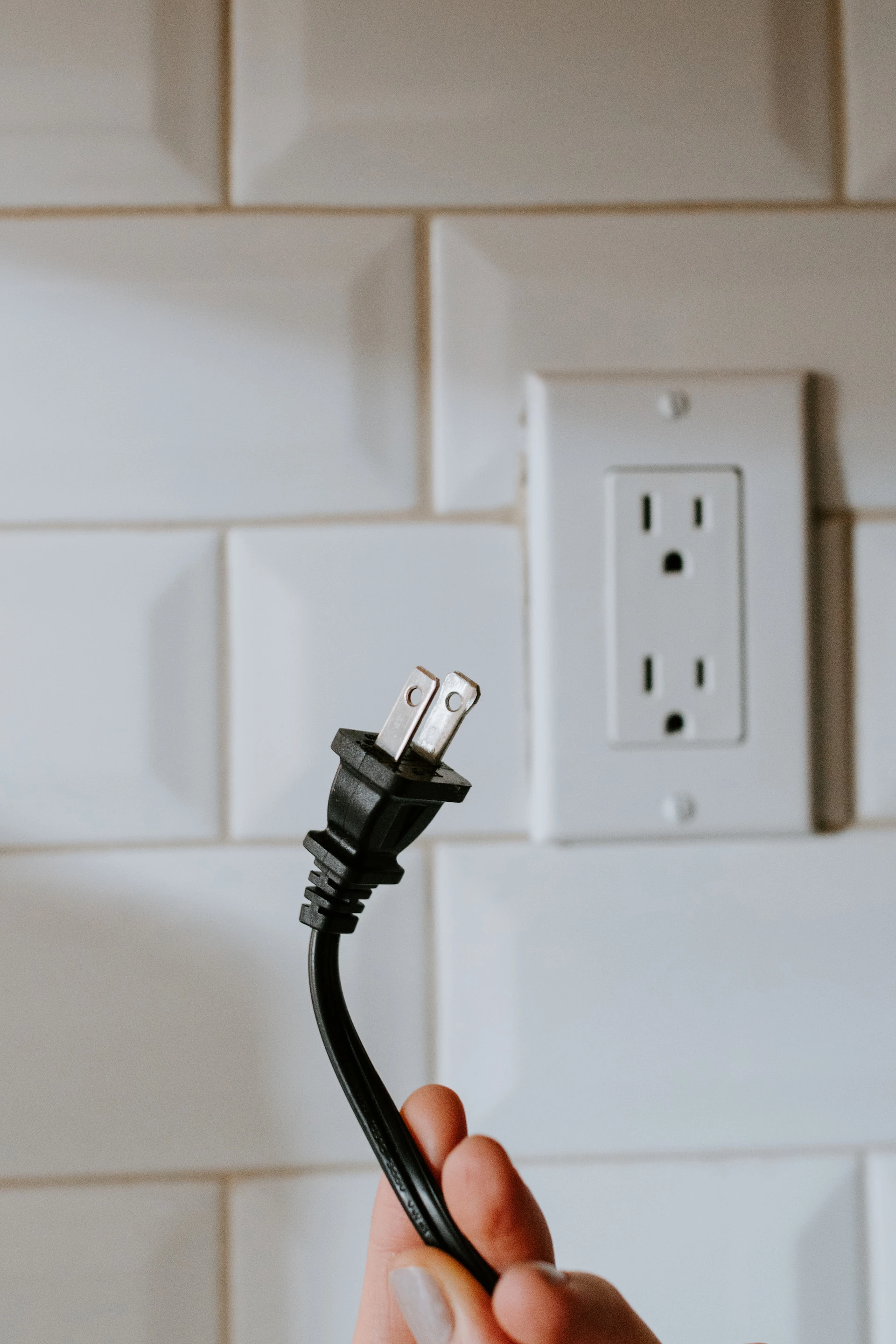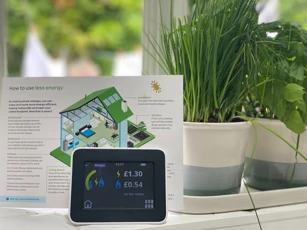In the era of rising energy prices, finding ways to reduce your energy costs has become more important than ever. With a few simple changes, you can make a difference to your overall energy consumption and find ways to save money on your energy bills.
Here are some practical tips to help you cut down.

1. Embrace energy efficient lighting
If you haven’t already, start by replacing traditional incandescent bulbs with energy-saving alternatives such as compact fluorescent lamps (CFLs) or light-emitting diodes (LEDs). These consume significantly less energy and last much longer, resulting in noticeable savings over time.

2. Optimise your heating system
Heating accounts for a significant portion of energy expenditure in most households. If it’s comfortable, set your thermostat to a more efficient temperature (around 18-20°C), and consider using a programmable thermostat to regulate temperatures throughout the day. Ensure that your home is properly insulated by sealing any gaps or cracks around windows, doors, and pipes, and consider installing double-glazed windows for better insulation.

3. Unplug unused electronics
Many appliances and devices continue to consume electricity even when they are in standby mode. To reduce this ‘phantom’ energy usage, unplug devices such as televisions, chargers, and gaming consoles when they're not in use, or use power strips with switches to easily cut off power to multiple devices simultaneously.

4. Efficiently use kitchen appliances
Use a microwave or toaster oven for small cooking tasks instead of your main oven. When using your stove, match the size of the pan to the burner to prevent heat loss. Thaw frozen food in the refrigerator beforehand to reduce cooking time. Additionally, make sure your refrigerator and freezer are set to the appropriate temperatures, not colder than necessary.

5. Be mindful of water usage
Reduce your hot water consumption by taking shorter showers and installing water-saving shower heads if you’re able to do so. Fix any leaks promptly, as dripping taps or pipes can waste a significant amount of water, which ultimately adds up. If you can afford it, consider changing your washing machine and dishwasher to more energy-efficiency models, and only run them with full loads.

6. Make the most of natural light
During daylight hours, rely on natural light as much as possible. This is definitely easier in summer, so don’t worry as much about it during winter - although we still recommend catching some natural vitamin D where you can. You should also open your curtains and blinds to let sunlight in and minimise the use of artificial lighting. This not only reduces energy consumption, but also enhances the ambiance of your living space.

7. Compare energy suppliers
Regularly review and compare energy suppliers to ensure you’re getting the best deal. Use online comparison tools to find cheaper tariffs where you can, and see if you can find suppliers that use renewable energy. Switching to a more affordable provider can lead to significant cost reductions on your energy bills.

8. Educate your household
Spread awareness among your family members about the importance of energy conservation. Encourage them to adopt energy-saving habits such as turning off lights when leaving a room, using appliances efficiently, and embracing sustainable practices. It’s a group effort, after all!
Take control of your energy spend
By implementing these practical tips, you can take control of your energy consumption and make a positive impact on both the environment and your wallet. Start making changes today and enjoy the benefits of lower energy bills, all while minimising your carbon footprint.
If you're ready to make some major improvements to your energy consumption, why not consider retrofitting your home?
Important information
Your home may be repossessed if you do not keep up repayments on your mortgage.
There may be a fee for mortgage advice. The actual amount you pay will depend on your circumstances. The fee is up to 1% but a typical fee is 0.3% of the amount borrowed.




